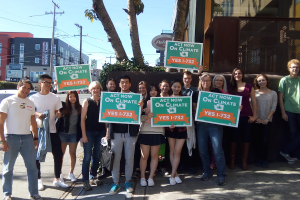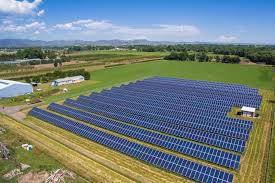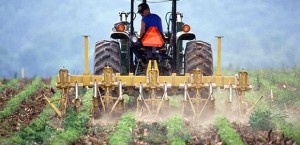A tax on carbon pollution faces surprising opposition

Soon, Washingtonians will vote on Initiative 732. It would be the first statewide carbon tax in the U.S., and a major step toward reducing climate-changing pollution. For Court Olson, a civil engineer and long-time Sierra Club member, voting ‘yes’ on the measure is a no-brainer. “We desperately need to get off fossil fuels and incentivize clean energy,” he says. “And the most effective first step is to put a price on fossil fuels and carbon emissions.” Initiative 732, in his view, is “the right thing to do.”
And yet the proposal has run into some surprising opposition — from environmentalists, social-justice groups and the state Democratic Party. The Sierra Club and Washington Environmental Council have taken formal positions opposing the measure, while the climate activist group 350 Seattle endorsed and then unendorsed it this summer. Meanwhile, many of these groups’ members, including Olson, are campaigning for I-732.
“A tax on carbon pollution faces surprising opposition”
High Country News, October 25, 2016

